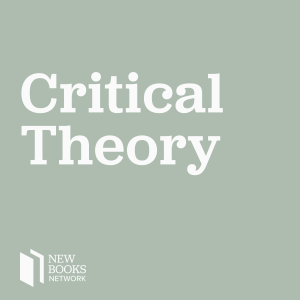
Jonathan Sterne, "Diminished Faculties: A Political Phenomenology of Impairment" (Duke UP, 2022)
 2022-05-17
2022-05-17
Download
Right click and do "save link as"
Diminished Faculties: A Political Phenomenology of Impairment (Duke UP, 2022) begins by calling into question a fundamental principle of orthodox phenomenology (and, for that matter, a great deal of humanities research): that of a fully self-aware unchanging subject who can provide a coherent account of its own experience, one which is commensurable and legible to others. Having foregrounded that instead ‘living means changing’, and that ‘everything in the narration of experience is a distortion’, Sterne suggests that attending to the realities of a world that is full of impairments helps one to more fully understand, and perhaps fight against, the expected norms that structure the social world. After laying out his case for an ‘impairment phenomenology’, Sterne turns to three kinds of impairment: vocal impairment, hearing loss, and fatigue - or as he puts it in our interview, ‘not speaking well, not hearing well, and not feeling well’. Through a careful analysis of the history, treatment, and highly varied sets of cultural attitudes toward these impairments, Sterne makes a compelling case for considering impairment as central to all human experience, raising vital political questions for accommodating bodily variety. Diminished Faculties is written in a range of registers – containing a detailed guide to an imagined exhibition of ‘new vocalities’, a User Guide to impairment theory, and a personal account of vocal paralysis – and synthesises cutting-edge theory from disability studies, sound studies, queer theory and much more. The book is written with generosity and a sense of humour, and will leave any reader thinking differently about how to understand issues of experience, agency and disability.
In our interview Jonathan mentions one of his favourite works ‘exhibited’ in the book’s imaginary exhibition, ‘Masque’ by Hodan Youssouf.
Learn more about your ad choices. Visit megaphone.fm/adchoices
Support our show by becoming a premium member! https://newbooksnetwork.supportingcast.fm/critical-theory
view more
More Episodes
012345678910111213141516171819
Create your
podcast in
minutes
- Full-featured podcast site
- Unlimited storage and bandwidth
- Comprehensive podcast stats
- Distribute to Apple Podcasts, Spotify, and more
- Make money with your podcast
It is Free
- Privacy Policy
- Cookie Policy
- Terms of Use
- Consent Preferences
- Copyright © 2015-2024 Podbean.com





